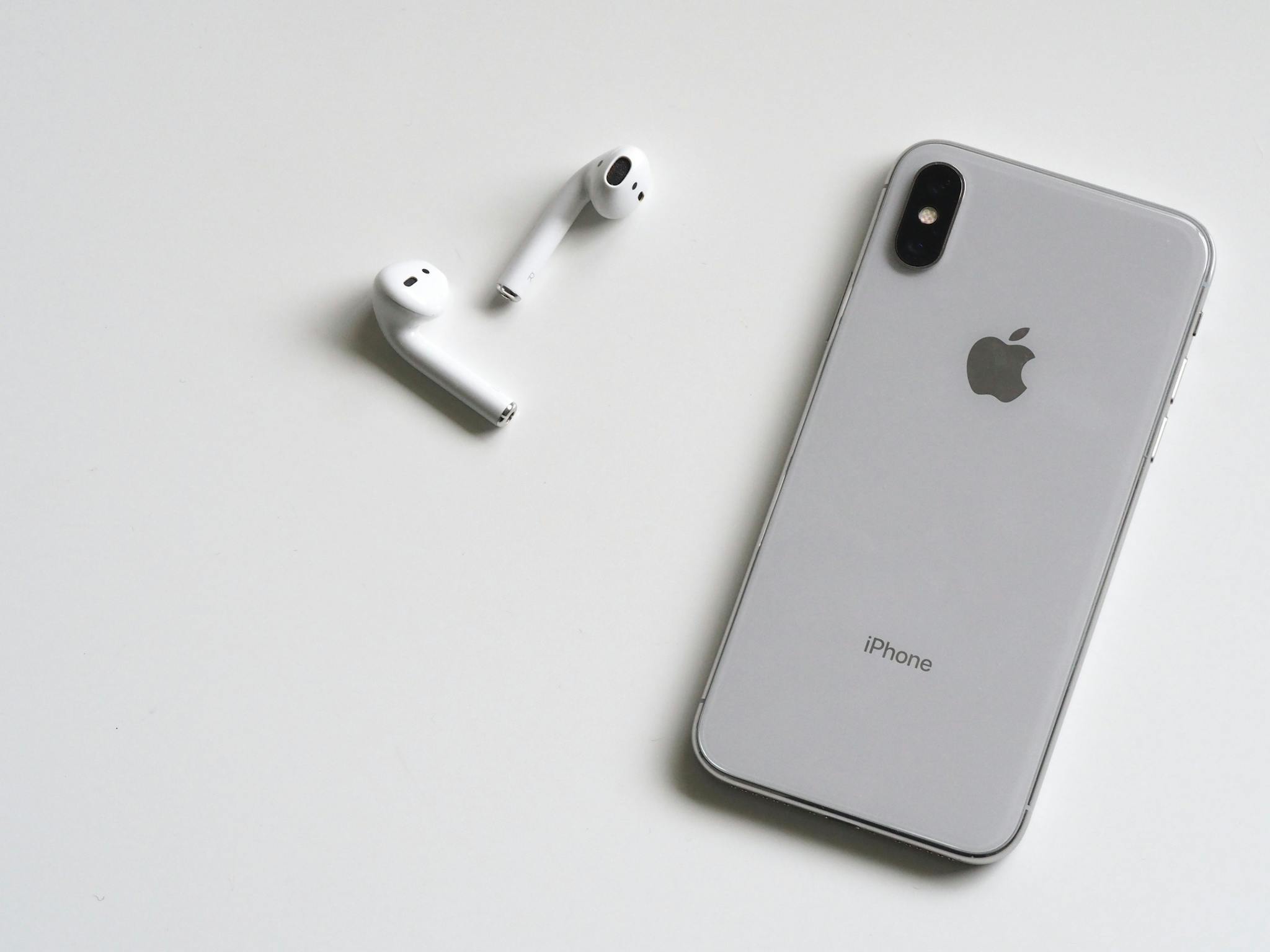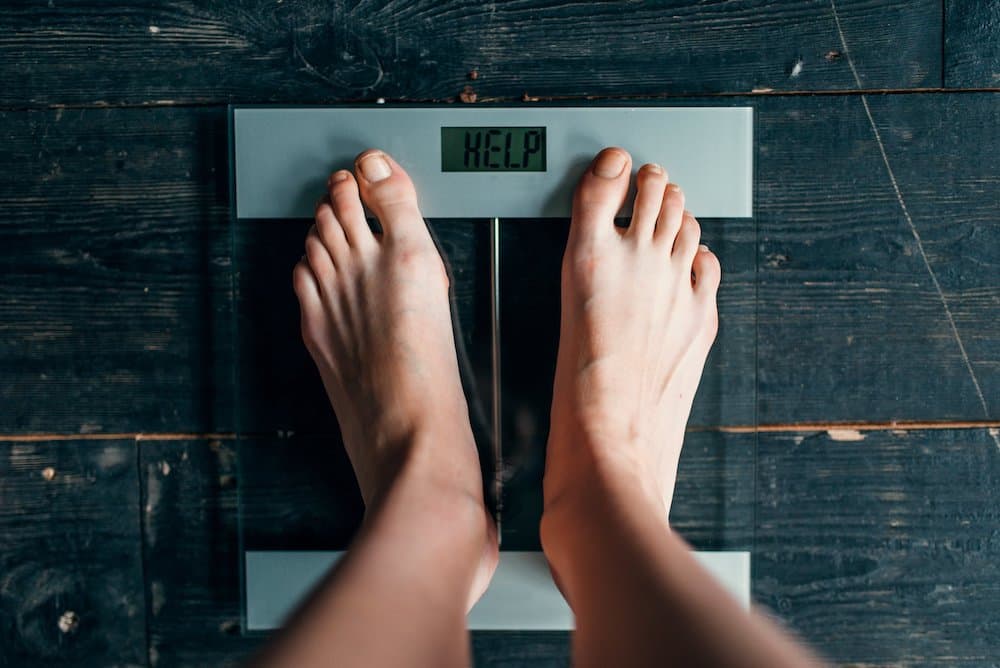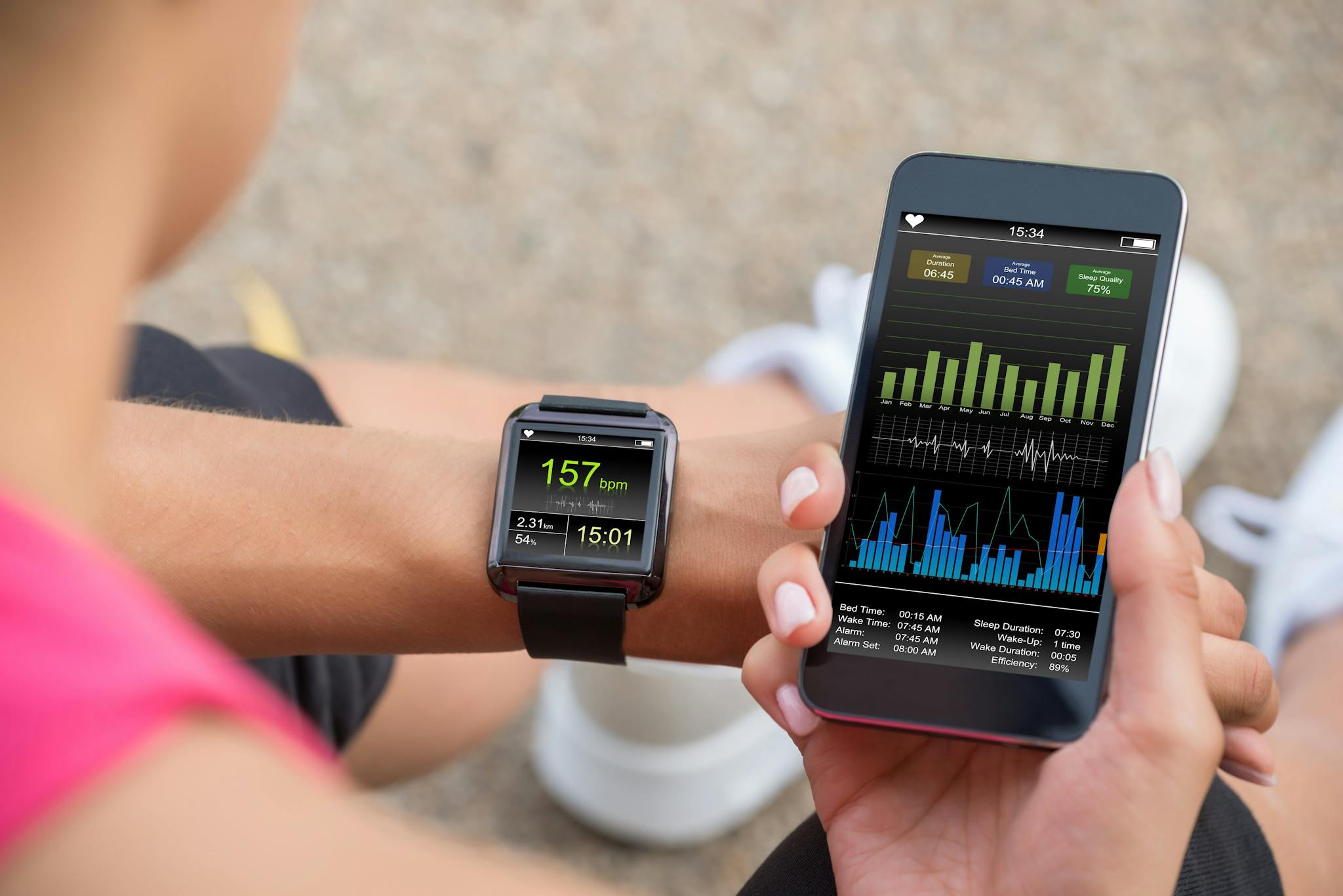
2021-12-29T14:03:24
How to Make New Year’s Resolutions you can Actually Keep
- Weight Management
- Wellness Institute
November 23, 2017 | Wellness Institute

Mobile technology has a powerful influence on nearly all aspects of life, including health. According to the American Heart Association, smartphone apps and wearable sensors are promising devices for improving cardiovascular health behaviors, and may help encourage positive health changes for some people.
How might technology impact your health, and how can you use your smartphone to help with your wellness? Let’s take a look.
As of 2015, about 1 in 5 American adults used some technology to track health data. The most popular apps relate to exercise, counting steps or heart rate monitoring.
When researching the statement about the potential benefits of smartphone apps and wearable sensors, the following areas—all part of the American Heart Association’s Simple 7—were considered:
There are two primary types of health apps available:
There are several areas that these apps can be useful for, including:
Know that for apps that rate things like heart rate or blood pressure, more clinical studies may be needed before these can be considered completely reliable.
Your doctor can offer additional recommendations about your use of technology and smartphone apps in your overall well-being
Revere Health Wellness Institute is home to an exercise facility complete with expert staff available to both patients and community members. Our providers can help you increase productivity, improve general health and manage chronic conditions. We have a registered dietitian, physician and health education specialist on staff. Contact us today!
Sources:
“Mobile technology may help people improve health behaviors.” ScienceDaily. https://www.sciencedaily.com/releases/2015/08/150813171201.htm
“How smartphone apps could help you stay healthy.” Kaiser Permanente. https://www.kpwashingtonresearch.org/live-healthy/all-articles/live-healthy-2015/how-smartphone-apps-could-help-you-stay-healthy/
WRITTEN BY:
The Live Better Team


2021-12-29T14:03:24

2019-07-22T16:27:23

2019-01-10T09:28:19

2019-01-02T08:00:06
This information is not intended to replace the advice of a medical professional. You should always consult your doctor before making decisions about your health.